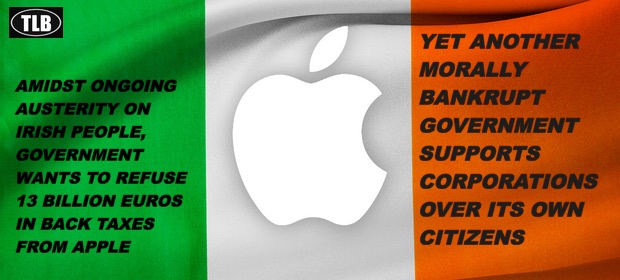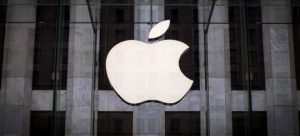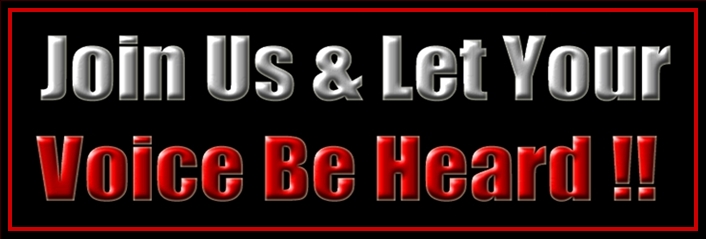
SHONA MURRAY
The Irish government’s decision to appeal a European Commission ruling that US tech firm Apple must pay back taxes is likely to have serious ramifications for its “moral authority” in some corners of the Irish public, according to anti-poverty groups and activists.
Father Peter McVerry, a leading anti-homeless campaigner, said it is another example of “politicians taking the side of big business”, while citizens “are left to pay.”
The decision to appeal a potential €13 billion bounty, plus interest, for the Irish exchequer could impact the government’s standing among members of the electorate most hit by the various tax hikes and reductions in public services imposed during years of austerity.
Irish parliamentarians were recalled two weeks ahead of schedule on Wednesday (7 September) to debate the ruling and the state’s reaction to it.
The government was supported during the debate by the other two mainstream parties, the centre-right Fianna Fail and Labour, both of which have been instrumental in establishing Ireland’s corporate tax regime over the last decades.
Fianna Fail spokesman on finance Michael McGrath echoed earlier comments made by finance minister Michael Noonan in accusing the European Commission of “encroaching” on the sovereignty of a member state, in the area of taxation, which is explicitly defined as an area of national power.
McGrath also said that instead of accepting the money ordered by the commission to be recouped by the state, it was necessary to “take a long view”, and protect the invaluable investment that Apple and other multinationals have made in Ireland.
He noted that Apple first invested in Ireland in 1980 at a time of high unemployment and few prospects for growth or development. Since then, Ireland’s business and taxation environment has become “the envy of Europe,” he said in his speech to the Dail.
Sinn Fein, Ireland’s nationalist, left-wing party supports the commission’s findings. There are “not many times I support the EU”, Sinn Fein finance spokesman Pearce Doherty told EUobserver, but these were “clearly dodgy deals”, he said of the relationship between Apple and successive Irish administrations.
He wondered how prime minister Enda Kenny could “go after” people who haven’t paid their water charges, referring to speculation as to whether the state was prepared to take citizens to court for unpaid bills.
“How can the government pursue people for a €300 water bill, yet say to them: ‘We’re going to spend hundreds of thousands of euros on lawyers to ensure we don’t take money from Apple’?,” Doherty asked.

Irish PM Edna Kenny. The decision to appeal the EU commission’s decision is an exemple of “politicians taking the side of big business,” an activist said. (Photo: European People’s Party)
‘Pocket money’
Water charges were introduced in Ireland in early 2015 by then Fine Gael/Labour coalition. It was one of the most unpopular decisions imposed by that administration and triggered a series of large-scale, nation-wide protests.
Doherty says Sinn Fein’s policy is that the money should be used for much-needed capital investment, and to pay salaries of nurses, teachers and police, instead of borrowing the money for these on financial markets.
Meanwhile, Irish charities, whose services have been in huge demand in recent years as people battled with high unemployment, social housing shortages, and continuous rises in extreme poverty rates, say the government should accept the money from Apple and support those most in need.
At a time when “homelessness is out of control”, the money would “go a very long way”, Father McVerry told EUobserver.
He said €13 billion amounts to mere “pocket money” for Apple, but could be put to very good use by charities and local authorities.
McVerry added that while he understands the government wishes to protect its reputation from accusations that it allowed unlawful state support to one corporation over another, the situation “reflects the fact that those who are wealthy and powerful are untouchable.”

‘Shattered’ reputation
Even if Apple’s tax activity in Ireland is legal, it is not “moral”, McVerry said. “This is what got us in to recession in 2008.”
Ireland’s international reputation is now “shattered”, regardless of the outcome of the appeal, because it is clear the government is colluding with Apple to ensure they pay little tax, says McVerry.
He also said it will be “hard” for government to pursue water tax defaulters – the people who refused to register to pay for water services when the facility ceased being free.

A march against water charges organised to take place on 17 September will now also protest against the Apple appeal.
And although the commission’s decision is against a multinational in favour of a member state, it has not necessarily improved the image of the EU amongst protesters.
“I don’t feel that the EU is defending Irish taxpayers,” Ken Purcell a leader of the anti-water charges protest movement – a potent anti-establishment force that largely led to the collapse of the vote for the Fine Gael/Labour coalition in February’s general election, told this website.
‘Put Irish people first’
Purcell also believes that now is the “right time” for Ireland to consider a referendum on EU membership.
“Europe has been dictating to our government all along” which has led to years of inequality and austerity, he said, adding that Ireland “need[s] a new system – far away from the EU”.
Although when pressed, anti-poverty charities are against the government’s bid to refute the findings of the EU ruling, none is actively campaigning.
“It’s in the political arena and the society wouldn’t make a statement”, says Jim Walsh from the St Vincent de Paul, one of the largest, longest-serving Irish charities for the poor and disadvantaged. But he said they would definitely find “good use for the money” and believe the government “should take it.”
Some 10,000 signatures calling on the government to halt its decision against the commission’s ruling were also gathered by a non-aligned digital campaign group, called Uplift, in 24 hours.
Its spokesperson, Emily Duffy, says the government has a “moral obligation to put Irish people first.”
************
ER recommends other articles by EUobserver
About the author
Shona Murray is Foreign Affairs correspondent with Newstalk radio in Dublin. She covers a wide range of regions, including the Middle East, Africa, as well as U.S. and European politics. She holds an LL.M in international law, and M.Phil in international Peace Studies, and is a graduate of the U.S. State Department’s Edward R. Murrow program on foreign policy and journalism. Shona is also a contributor the Sunday Business Post, and The Irish Independent and correspondent for Radio France International.
 Find out about our great (WOW) TLB Project Membership package and benefits, add your voice and help us to change the world!
Find out about our great (WOW) TLB Project Membership package and benefits, add your voice and help us to change the world!




